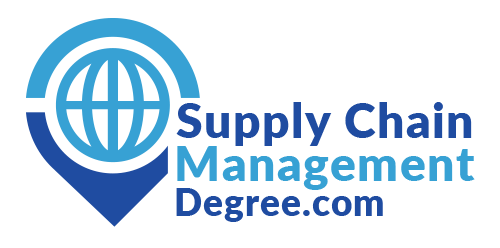Navigating the Supply Chain Job Market as a Recent Graduate
Embarking on a career in supply chain management can feel like setting sail into uncharted waters, especially for recent graduates. With the ever-evolving landscape of global trade, logistics, and supply chain operations, finding your footing in this competitive job market requires strategic navigation and perseverance. In this blog, we’ll delve into some essential tips to help recent graduates navigate the supply chain job market and chart a course towards success.
Define Your Career Goals
Before diving into the job search process, take some time to reflect on your career aspirations and goals within the supply chain industry. Are you interested in procurement, logistics, operations management, or perhaps sustainability? Clarifying your career objectives will not only help you focus your job search but also enable you to tailor your resume and interview responses to positions that align with your interests and skills.
Leverage Internships and Co-op Opportunities
Internships and co-op programs provide invaluable hands-on experience and networking opportunities for recent graduates entering the supply chain field. Seek out internships with reputable companies in your area of interest, whether it’s in manufacturing, distribution, transportation, or another aspect of supply chain management. These experiences not only enhance your resume but also allow you to gain practical skills and insights that will set you apart from other candidates.
Build Your Professional Network
Networking is essential for success in any industry, and the supply chain field is no exception. Attend industry events, career fairs, and networking mixers to connect with professionals in the field, including alumni from your university and industry associations such as APICS or CSCMP. Utilize online platforms like LinkedIn to expand your network and engage with professionals in the supply chain community. Don’t be afraid to reach out for informational interviews or mentorship opportunities – building relationships with experienced professionals can provide valuable guidance and support as you navigate your career path.
Stay Current with Industry Trends
The supply chain industry is constantly evolving, driven by technological advancements, regulatory changes, and shifting consumer demands. Stay informed about industry trends, challenges, and best practices by reading industry publications, attending webinars, and participating in professional development opportunities. Demonstrating knowledge of current trends and issues in the supply chain field will impress employers and position you as a knowledgeable and forward-thinking candidate.
Highlight Relevant Skills and Experiences
When crafting your resume and cover letter, highlight relevant skills and experiences that demonstrate your qualifications for supply chain roles. Emphasize any coursework, projects, internships, or extracurricular activities that showcase your analytical skills, attention to detail, problem-solving abilities, and teamwork. Be sure to quantify your achievements whenever possible – for example, by mentioning cost savings achieved through process improvements or efficiencies implemented during an internship.
Prepare for Interviews
Ace your supply chain job interviews by preparing thoughtful responses to common interview questions and researching the company and industry beforehand. Be ready to discuss your relevant experiences, skills, and accomplishments, and demonstrate your enthusiasm for the role and company. Prepare examples of how you’ve successfully addressed challenges or contributed to projects in previous experiences, and be prepared to discuss your long-term career goals and how they align with the company’s mission and values.
Navigating the supply chain job market as a recent graduate may seem daunting, but with careful planning, persistence, and a proactive approach to networking and professional development, you can set yourself up for success. Define your career goals, gain hands-on experience through internships, build your professional network, stay current with industry trends, and highlight your relevant skills and experiences in your job search materials. By following these tips and staying resilient in the face of challenges, you’ll be well-equipped to chart a course towards a rewarding and fulfilling career in supply chain management.



